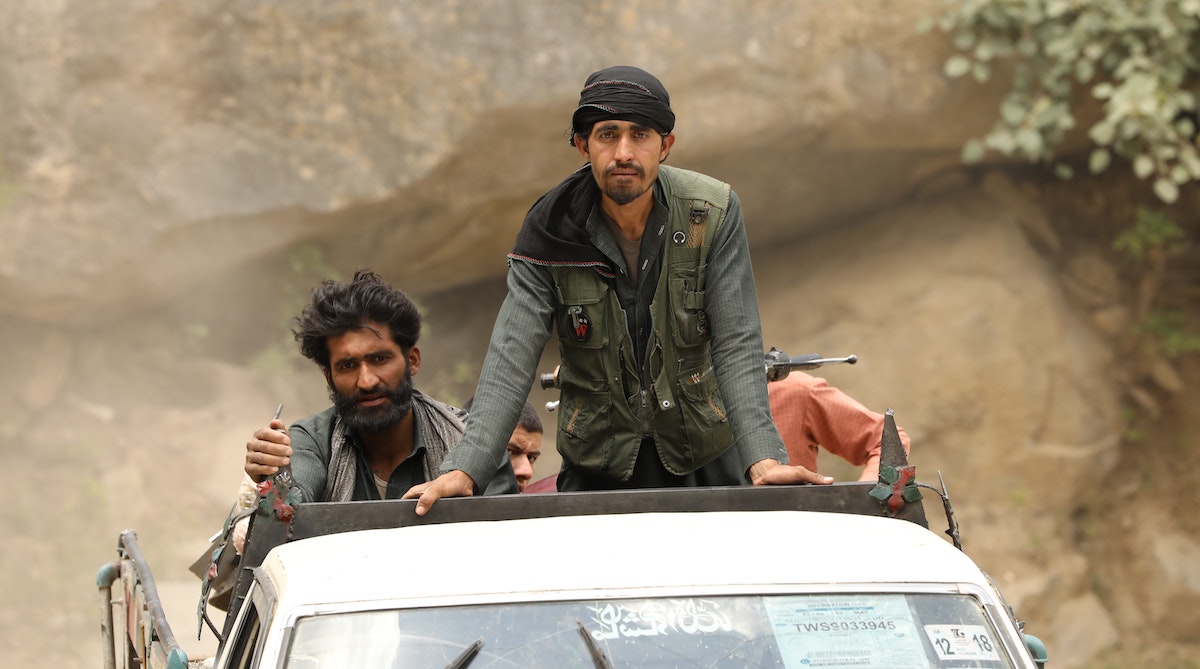Malaysia should not wait for problems to spill over before engaging South Asia on ‘ground reality’
THE formation of the Taliban government raises important questions on security and it is clear that no one has all the answers. Putrajaya’s stance, for now, is pragmatic with a “wait-and-see” approach.
Recognising the Taliban government depends on certain factors – the success of Afghan-controlled reconciliation processes and Organisation of Islamic Cooperation’s (OIC) decisions.
For Malaysia, understanding the complexities in and around Afghanistan is challenging, perhaps due to the slight disconnect with South Asia, especially in terms of having an insider’s look at the region’s geopolitics.
Malaysia’s membership in the Indian Ocean Rim Association and OIC does not help to address this as these frameworks have different subsets of South Asian countries.
Despite long-standing ties with almost all South Asian countries, Malaysia’s relationship with the region is inorganic.
Malaysia’s current approach of only engaging a few partners in the region or engaging exclusively through the OIC for perspectives on Afghanistan is neither conducive nor enough. It only tells us half of the story.
The Taliban takeover puts South Asia in a precarious position. The threat of newly emboldened terrorist groups looms large over the region and the rise in the number of Afghan refugees has become a regional challenge. Hence, South Asian countries are Putrajaya’s best bet to understand the ground realities of the Taliban takeover and future trajectories. Not the West, not the East, but the South.

The status quo demands that Putrajaya engage with South Asia more proactively. This is to enable it to make a more informed decision vis-à-vis the Taliban government and gain perspectives on how to manage its own Afghan refugee situation. There are currently more than 2,600 Afghan refugees in Malaysia.
Malaysia is no stranger to the concept of consultations with peers to process geopolitical developments, and so initiating such engagements with South Asian countries will serve Putrajaya well.
For starters, Wisma Putra should leverage upon the South Asian presence in the country and initiate discussions on Afghanistan with the resident high commissioners. The Embassy of the Islamic Republic of Afghanistan is still in Malaysia and so Wisma Putra should make use of this connection to gauge the situation in Kabul.
Wisma Putra should also monitor the slew of upcoming conferences on Afghanistan. India is set to host a national security adviser-level meeting on Afghanistan next month, which Pakistan and China are likely to attend. Tehran will also host a meeting at the end of October, with Islamabad in attendance. Moscow-format discussions should also be followed as they include Taliban leaders and representatives from the region.
It is vital for Putrajaya to take stock of the different and sometimes, opposing narratives from South Asia on Afghanistan. All South Asian countries have valuable insights into specific issues. India knows about managing the transition from close relations with the former Ashraf Ghani government and developing provisions for Afghan refugees. Pakistan has experience on endorsing the Taliban government and managing the influx of refugees and the threat of empowered terrorist groups.
It is important to understand Bangladesh’s approach to monitor a possible spike in extremist behaviour; Sri Lanka and Maldives on possible resurgent terrorist activities; Nepal on managing external influences to recognise the Taliban;and Bhutan on holding a stance both independently and through regional organisations.
Malaysia should consider initiating high-level consultations with all these countries in the coming months. Understanding and analysing these narratives and approaches will help Putrajaya reflect on its Afghanistan stance.
It will also help with anticipating and predicting how the dynamics unfold in the region and within multilateral networks. These dynamics could impact on Malaysia, so Putrajaya must stay ahead of the game. The different refugee policies and terrorism surveillance models can also be adapted to fit Putrajaya’s needs.
Given the uncertainty, South Asia offers the best insight into the Afghan dilemma. In a reactivated engagement with the region, Putrajaya could have its answer, too.





